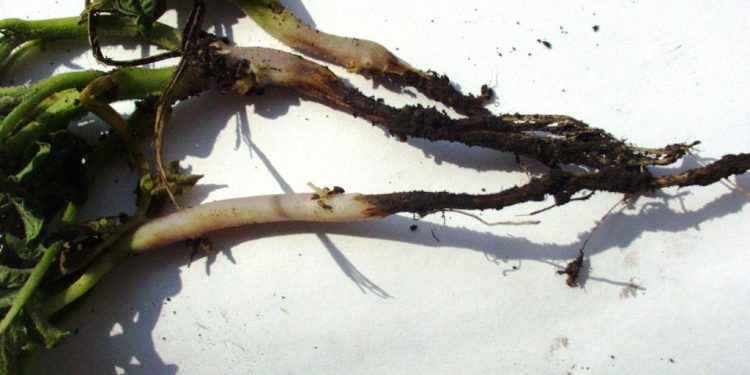Potato blackleg, caused by bacteria from the Pectobacterium spp. and Dickeya genera, poses a significant threat to seed potato production. This disease not only leads to substantial yield losses but also affects the certification of seed potatoes. To manage this bacterial pathogen, the European Union (EU) has designated these bacteria as regulated non-quarantine pests, necessitating stringent control measures. However, in the Eurasian Economic Union (EAEU) countries, including the Russian Federation, these pathogens have not yet been given a similar status, although there is potential for such regulation in the future. Accredited laboratories in Russia provide seed testing services to manage this pathogen, emphasizing the importance of certification and mandatory testing of seed potatoes. The most sensitive diagnostic method recommended is PCR, with validated modifications outlined in various protocols.
Survey Questions:
A) Where do you carry out seed testing?
B) Which methods do you use: PCR, ELISA, bioassays, agar medium plating, or other tests?
Discussion Invitation:
We invite you to discuss your experiences and insights on potato blackleg control and seed testing practices in our dedicated chat group. Join the conversation at WhatsApp Group. (Note: The language of communication in the chat is English.)









Your participation and input are highly valued as we strive to improve seed potato production and combat bacterial pathogens effectively.






